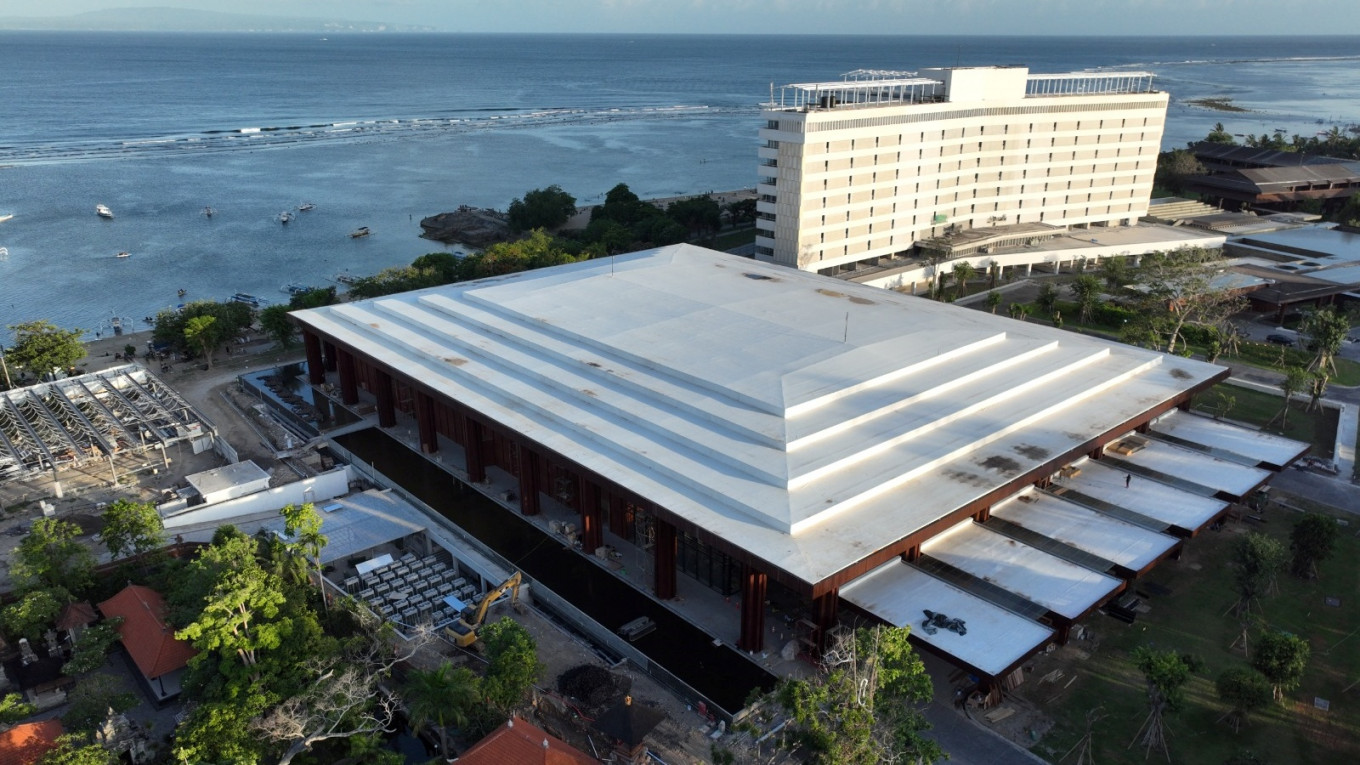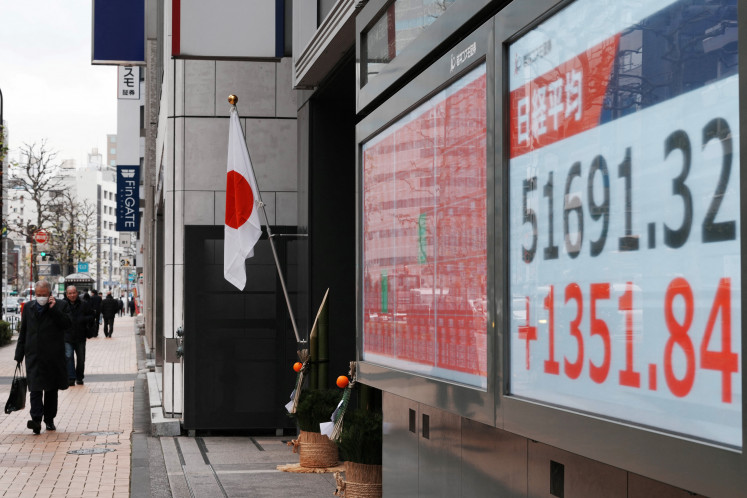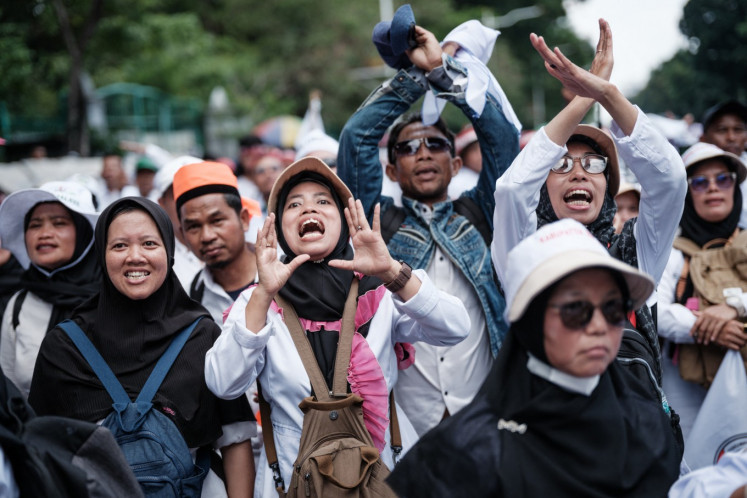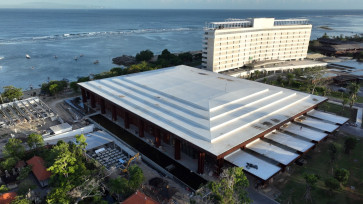Popular Reads
Top Results
Can't find what you're looking for?
View all search resultsPopular Reads
Top Results
Can't find what you're looking for?
View all search resultsDo Java and Sumatra need more SEZs?
Limiting unnecessary tax expenditures can be done by, among other things, restricting the licensing of new SEZs in areas that are already developed.
Change text size
Gift Premium Articles
to Anyone
A
t the beginning of October, the government established two new Special Economic Zones (SEZs) to enrich the investment location options in Indonesia, namely the Banten International Education, Technology and Health SEZ and the Batam International Health Tourism SEZ. The National SEZ Council is also proposing the addition of six new SEZs, which would bring the total number to 30 as of early 2025.
Based on the results of the SEZ performance evaluation of the first six months of 2024, all SEZs have recorded investments amounting to Rp 205.2 trillion (US$13 billion), with accumulative employment of 132,227 people.
However, there are still lingering questions as to who benefits from the investments, and from which provinces the workers employed in the SEZs have come.
Statistically, the SEZ locations in Indonesia are not evenly distributed. With the current SEZs, as well as those that will be established in the near future, the distribution of SEZ locations is as follows: 10 on the island of Java, eight in Sumatra, four in Kalimantan, two in Bali, three in Sulawesi, one in the Nusa Tenggara islands, one in the Maluku islands and one in Papua.
As stated on the kek.go.id website, establishing Special Economic Zones is a strategic government policy for developing centers of economic growth and equitable national economic distribution, as well as supporting industrialization and increasing employment in Indonesia.
Law No. 39/2009 concerning Special Economic Zones, stipulates that the objective of establishing SEZs is to create a just and prosperous society, accelerating economic development in certain areas that are strategic for national economic development and to maintain a balance of regional progress toward national economic unity.
The phrase “maintain a balance of regional progress toward national economic unity” can be interpreted to mean that SEZs are intended to be an instrument that can reduce the imbalance of economic development among regions. The presence of SEZs, if located in underdeveloped areas, is expected to encourage economic growth in these areas, thereby creating a more balanced and equitable “national economic unity”.



















